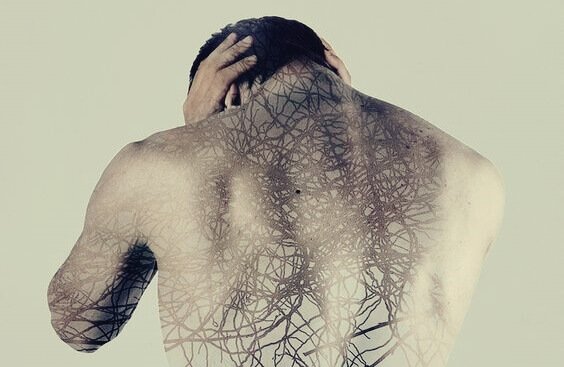Koro Syndrome: The Intense Fear of Genital Retraction


Written and verified by the psychologist Raquel Aldana
Koro syndrome is the fear that certain erogenous zones will shrink and end up disappearing in the abdomen. Men with koro syndrome fear that their penis will shrink or disappear, while women worry about their labia majora, nipples, and breasts.
More often than not, thoughts about death accompany these episodes of intense anxiety. This fact allows us to establish a differential diagnosis between koro syndrome and body dysmorphic disorder.
Those who suffer from body dysmorphic disorder (BDD) (formerly known as dysmorphophobia) are overly concerned about one or more perceived physical flaws. This makes them believe they look ugly, unattractive, abnormal, or deformed.
On the other hand, people who suffer from koro syndrome focus on their fear of death. They believe they’ll die due to their ‘deformities’ and don’t really focus on how ‘ugly’ their body parts may be.

The origin of koro syndrome
This syndrome is culture-bound and usually manifests as an epidemic. It manifests in Asia, especially in Singapore. Although it originated in China, there are cases of koro syndrome all around the world.
These episodes of intense fear usually don’t last very long. In addition, they tend to respond adequately to therapy.
It’s estimated that koro syndrome has a powerful cultural etiologic agent. For this reason, the Diagnostic and Statistical Manual of Mental Disorders (DSM-V) included it in its culture-bound syndromes section.

The cultural explanation of certain symptoms
We must distinguish between dhat syndrome and koro syndrome. Dhat syndrome is a cultural explanation for a certain group of symptoms that, supposedly, accompany the loss of semen.
These symptoms include anxiety, fatigue, weakness, weight loss, impotence, other multiple somatic complaints, as well as a depressed mood. The essential characteristics are anxiety and discomfort in relation to the loss of semen, with no identifiable physiological dysfunction.
People usually describe dhat syndrome as ‘a white discharge that’s noticeable when defecating or urinating’. The ideas about this substance are associated with the concept of dhatu (semen), described in the Hindu system of medicine (Ayurveda) as one of the seven essential bodily fluids.

Diverse studies show that approximately 64% of men who assist psychiatric care centers for sexual issues in India do so due to dhat syndrome.
People use the description of dhat syndrome as a cultural guide for local clinical practice. This became necessary since several studies show that there’s a series of cultural beliefs that associate health problems with the loss of semen.
The prevalence of this syndrome is higher in low-class young men. However, it has also affected middle-aged men. Likewise, women associated with vaginal secretions (leukorrhea) have shown similar symptoms and complaints.
In conclusion, the existence of sexuality-related beliefs gives rise to mental pathologies. Therefore, we should also reflect on the influence that both culture and society may have on other psychological problems such as anxiety or depression.
This text is provided for informational purposes only and does not replace consultation with a professional. If in doubt, consult your specialist.








